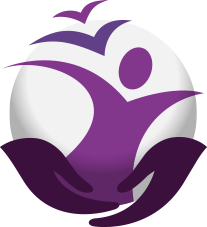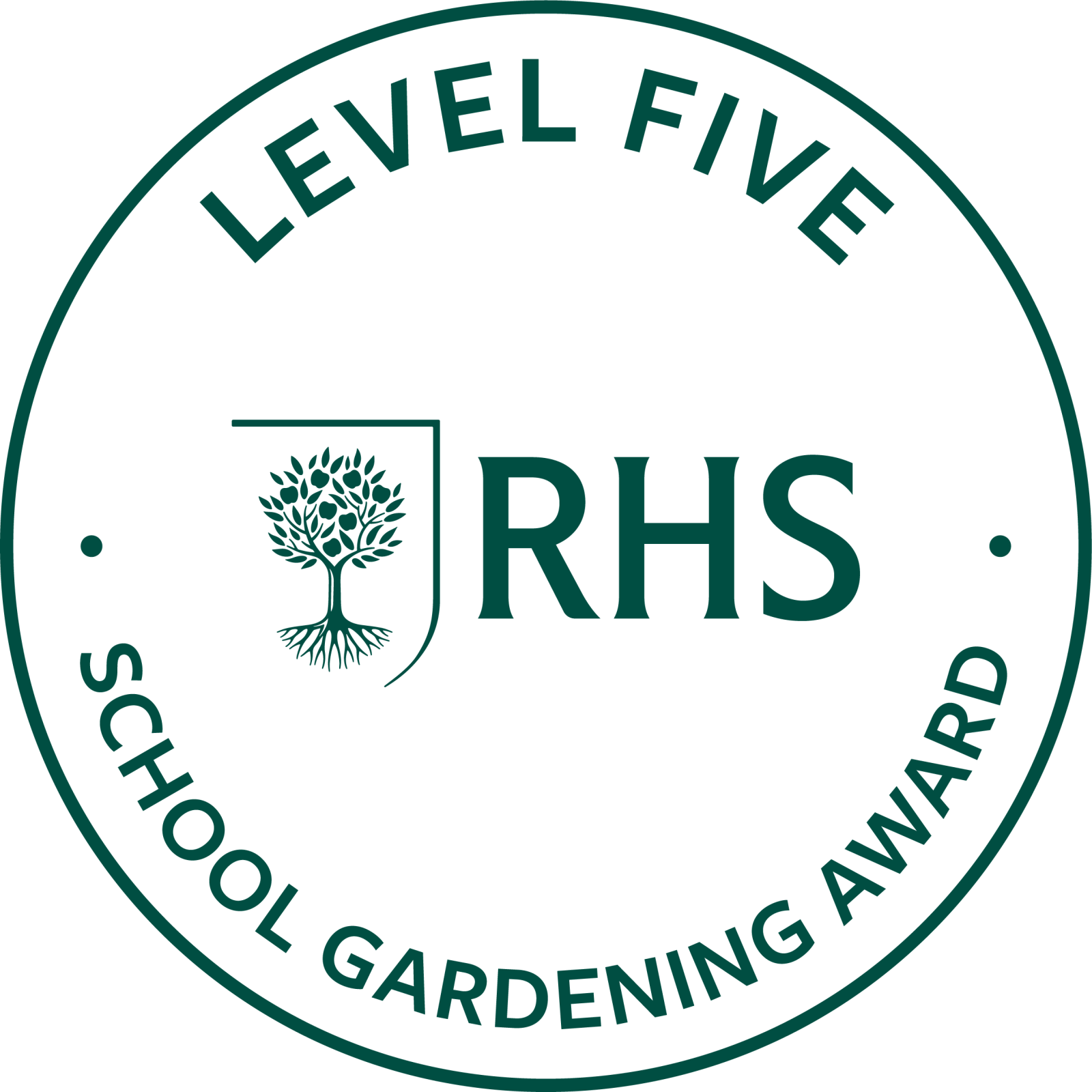Computing
Curriculum Overview
Computing is vital for our students because it develops a range of skills that are required to “get on” in the modern world. Students are able to develop their own strategies for independence by learning to use a wide range of accessibility functions that can enhance their learning and their communication of needs.
The key skills, concepts, knowledge and understanding that we aim to promote within the Computing curriculum that we offer are broadly separated into 5 strands of digital learning:-
- Digital Literacy
- Computer Science
- Information Technology
- Digital Life
- Online Safety
How does Computing fit into the Rumworth Curriculum?
Computing links in with other subject and curriculum areas because it promotes the development of the 5 strands of digital learning.
Digital Literacy
Developing the skills needed to use digital applications in a range of settings. This includes skills such as interacting with devices in their intended manner and being able to use the hardware right the way up to producing a multimedia e-book including video, pictures, text and audio and publishing books. We are aiming for students to be able to combine the use of ICT tools for different purposes. The skills can be used across platforms and for a range of purposes.
Computer Science
Being able to input 'code' into devices and programs in order for them to carry out an operation. This ranges from programming a washing machine/microwave to planning and writing a complex algorithm into a programme that accomplishes a specific goal. Students will eventually be able to spot and solve problems or 'debug' their code
Information Technology
This area is about utilising digital reference materials to research and extract information. We use information technology daily without realising. Specific programs and apps are available but time should also be spent on establishing good 'search' habits when using the internet as a source of reference.
Digital Life
Generating our own content that we can use. This is can be in the form of edited images (filters etc) that we might post online or documents and spreadsheets that are used for a number of different purposes. Students should learn how to accomplish this across a range of applications and for a range of reasons
Online Safety
Students should learn how to keep themselves safe online. They are increasingly using digital media and exposed to digital lifestyles across the board. Students should be able to identify ways to keep safe and ways in which they might be vulnerable. This can also include the use of emails, social media, messenger applications and online services that deal with personal information and finances
Curriculum Strands
Pre-formal Strand & Semi-formal Strand
Computing is offered as an enhancement to curriculum and topic based content at KS3 & 4. Students develop skills in line with 5 strands of digital learning by having these integrated into their subjects by teachers as and when appropriate. The decision as to what skills to focus on is left to the discretion of the teachers and should work towards individual development of students according to their needs.
At KS5 students access the Open Awards Entry Level Award and Certificate in IT User Skills units according to their ability. This curriculum is designed to equip learners with the basic skills they need to operate confidently, effectively and independently in education, work and everyday life.
Formal Strand
Within this strand, Computing is delivered to classes at KS3 in the same manner as Pre-formal and semi-formal strands. At KS4, higher ability students will have the opportunity to access Open Awards Entry Level Award and Certificate in IT User Skills to allow external accreditation of their learning and skills.
At KS5 Students who have accessed E2 at KS4 will have the opportunity to work towards credits from the Open Awards Entry Level Award and Certificate in IT User Skills - Entry 3.
Feedback and Assessment
Feedback is given verbally by teachers and TAs to students during all learning activities, because immediate verbal feedback is the best way to help our students to progress. Student achievement within Computing is recorded as a range of digital elements including documents, images, films and other digitally created content which teachers are able to feedback on. Student progress is determined using our 100 Steps to Progress, and through external accreditation measures at KS4 and KS5, where relevant.
External Accreditation
This is offered as:-
- Open Awards Entry Level Award and Certificate in IT User Skills - Entry Level 1, 2 or 3



